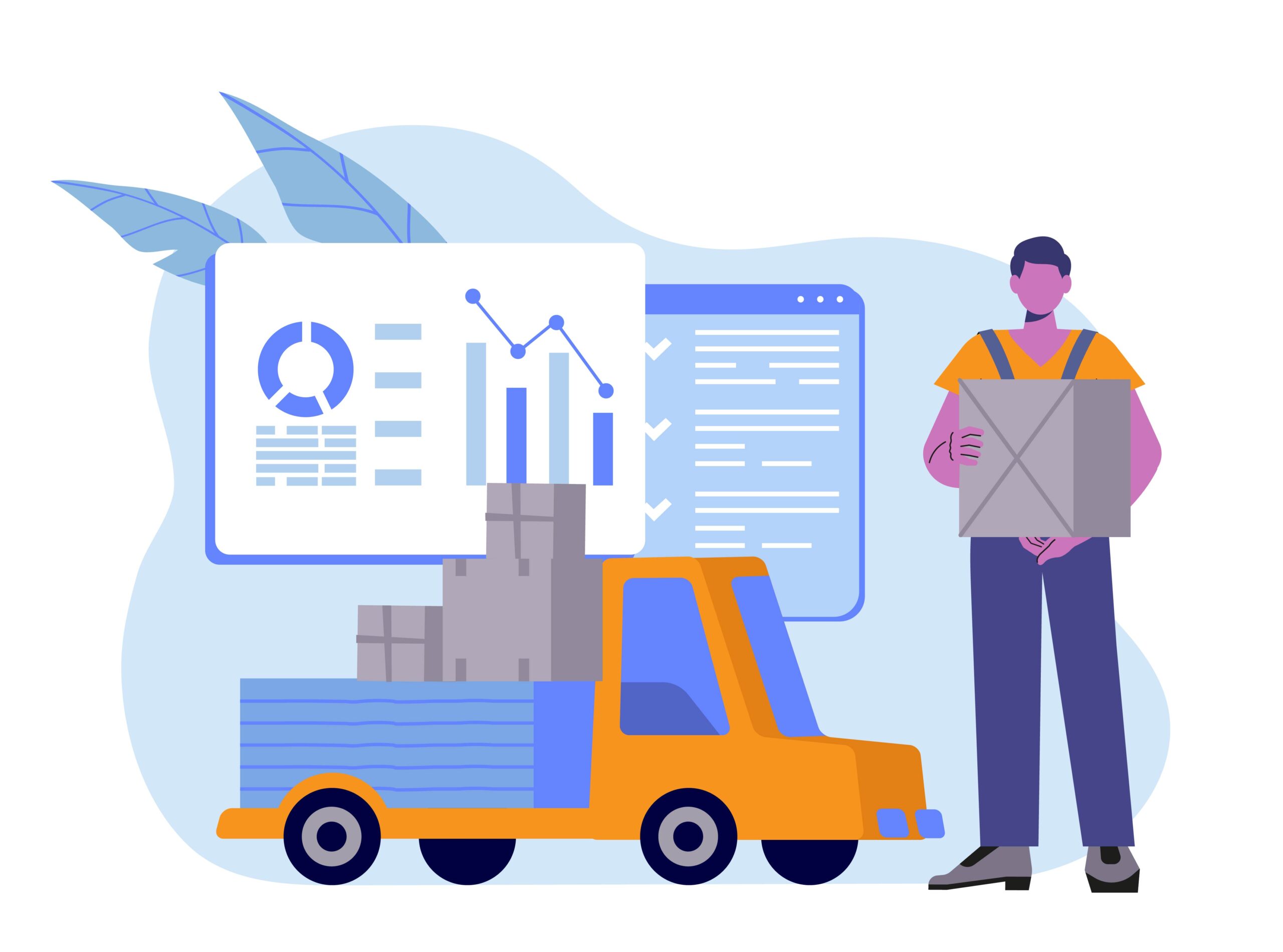
Continue reading "Understanding Large Language Models (LLMs)"
Large language models (LLMs) are transforming how we interact with information and technology. Known for their ability to generate text, code, and other content, LLMs mimic human-like responses and are now pivotal in various industries. They excel in explaining concepts, summarizing text, and analyzing vast datasets. As organizations explore their potential, LLMs offer a revolutionary approach to data handling, enabling businesses to uncover new opportunities and streamline operations.
Categorizing LLMs
LLMs can be broadly categorized into general-purpose and domain-specific models. General-purpose LLMs like GPT-3 handle diverse tasks, processing natural and programming languages alike. They are trained on vast datasets from the internet and private sources, making them adaptable across numerous topics. In contrast, domain-specific models, such as NVIDIA’s BioBERT, are fine-tuned for particular industries, including medicine and cybersecurity. These models focus on specific tasks, ensuring precision and relevance in specialized applications.
Foundation Models and Their Flexibility
Foundation models, a subset of generative AI, serve as a base for customization. They can be fine-tuned to perform highly specialized tasks. For instance, Meta’s Code Llama focuses on generating software code, while Google’s Bard integrates tools like Google Drive and YouTube for personalized assistance. By leveraging these adaptable models, enterprises can address specific challenges while benefiting from the robustness of general-purpose LLMs.
Behind the Technology: Neural Networks and Transformers
The power of LLMs lies in their architecture. Neural networks, particularly those using transformer models, have revolutionized natural language processing. Transformers rely on attention mechanisms, which help models analyze the relationships between words and concepts effectively. This innovation enables faster training and more accurate outputs, making LLMs capable of handling complex linguistic and multimodal tasks with ease.
Real-World Applications of LLMs
Organizations are already integrating LLMs into various workflows. For example, Snowflake Copilot enhances SQL generation, while tools like Hugging Face provide user-friendly APIs for developers to build and fine-tune applications. These models also play a significant role in customer service, content creation, and data analysis, offering tailored solutions that increase productivity and innovation.
Ensuring Data Security and Governance
As LLMs gain traction, data privacy and security become critical concerns. Enterprises must adopt platforms that enforce robust governance policies, ensuring sensitive data is protected during processing. Cloud data platforms with built-in security measures allow businesses to utilize LLMs securely, maintaining control over data access and compliance. This safeguards intellectual property while enabling efficient, AI-driven operations.
By understanding and leveraging LLMs effectively, businesses can harness their transformative potential, driving innovation and efficiency in a rapidly evolving digital landscape.
About the Author
The Best Digital Marketing Insight and Advice
The WSI Digital Marketing Blog is your go-to-place to get tips, tricks and best practices on all things digital
marketing related. Check out our latest posts.
We are committed to protecting your privacy. For more info, please review our Privacy and Cookie Policies. You may unsubscribe at any time.
Don't stop the learning now!
AI in Logistics: Supply Chain Optimization
Artificial intelligence (AI) is transforming the logistics and customs management industry, improving efficiency, reducing costs, and optimizing regulatory compliance. As global trade expands, businesses and customs authorities are turning to advanced solutions to streamline their operations.Below, we explore some of the most relevant AI tools in logistics and customs. 1. AI in Logistics: Supply Chain Optimization a. Demand Prediction and Inventory Management Tools such as Blue Yonder and Llamasoft (Coupa) use AI and and machine learning to analyze
READ MOREThe Future of AI: Exploring Gamma and Similar Tools
Artificial intelligence (AI) is revolutionizing content creation and task automation. One of the most innovative tools in this space is Gamma, a platform designed to streamline the creation of presentations, documents, and reports with minimal manual effort. In this article, we will explore Gamma and other similar tools that are transforming productivity and content generation. …
Continue reading “The Future of AI: Exploring Gamma and Similar Tools”
READ MOREHow AI Can Transform Customs Agencies: Boosting Efficiency and Security
In today’s fast-paced global trade environment, customs agencies play a critical role in ensuring the smooth flow of goods across borders while maintaining security and compliance. However, the increasing volume of international trade, coupled with complex regulations, has made the job of customs agencies more challenging than ever. This is where Artificial Intelligence (AI) steps …
Continue reading “How AI Can Transform Customs Agencies: Boosting Efficiency and Security”
READ MORE





